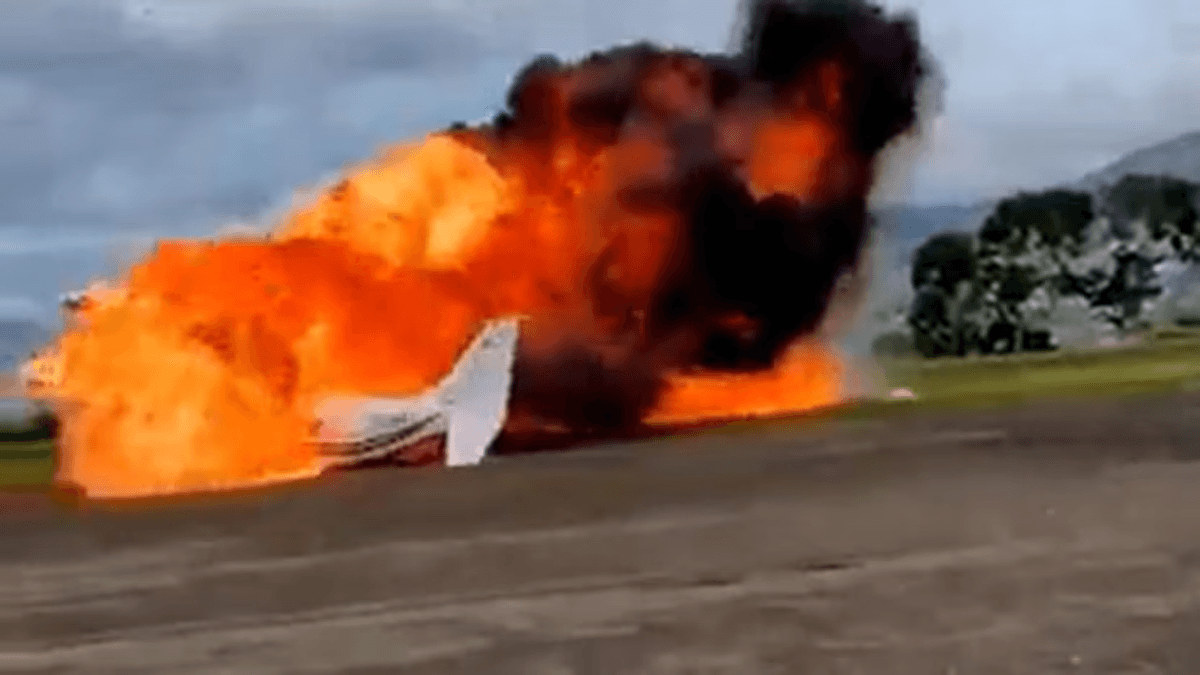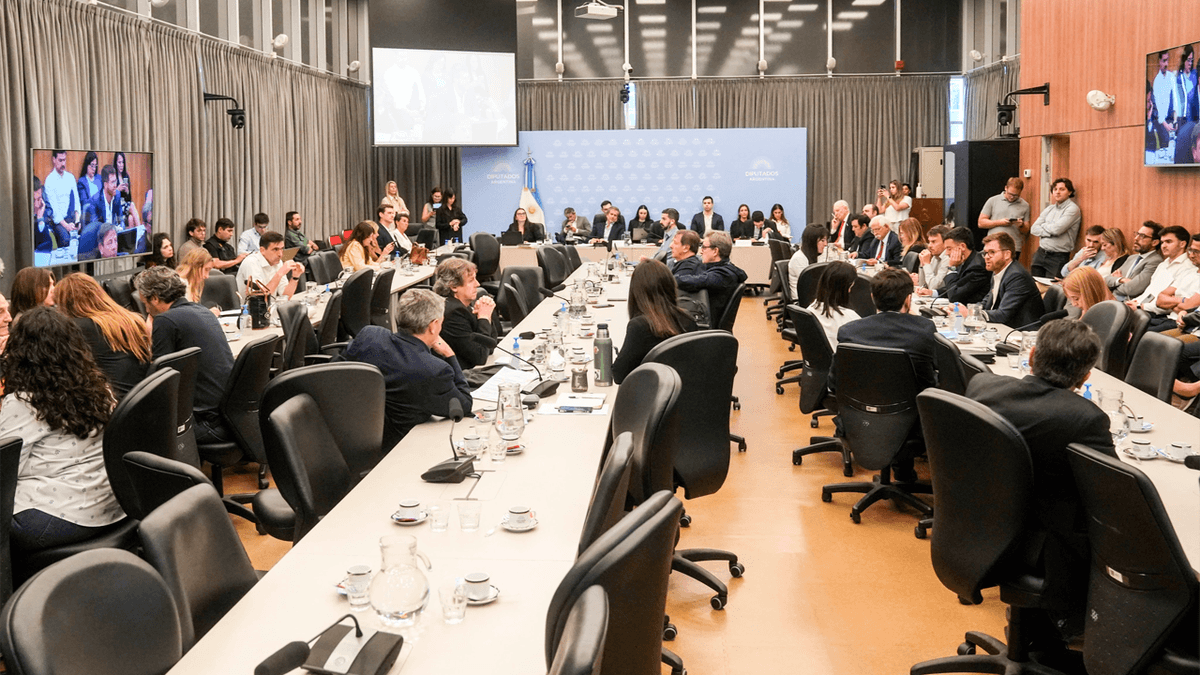The Jesenská Altarpiece: an opera by Santiago Chotsourian

The Russians, the Italians, and the French have spent centuries composing musical works adapted to the librettos of writers who yearned for their text through voice and song. Argentina is also taking its first steps in this genre , and a happy example of this is "La Jesenská," the book by Ana Arzoumanian, published by Ediciones Paradiso, transformed into a libretto, a sort of operatic requiem for Milena. "El retablo de la Jesenská," a suite of madrigals, is directed and composed by Santiago Chotsourian, who transports us with a profound musical and theatrical reflection on the life and martyrdom voluntarily assumed by the Czech writer, translator, and journalist Milena Jesenská.
Of Milena, whose life was extinguished in May 1944 in the concentration camp, only one tooth survived , comments her camp friend, Margarete Buber-Neumann. That tooth sinks into Arzoumanian's writing and Chotsourian's music. The composer and musical director will contribute his mysticism. The altarpiece evokes medieval or Renaissance imagery. The panels illuminate Jesenská's decisive moments, from her childhood to her resistance to Nazism. The composer does not seek Wagner's infinite melody, but rather the articulation of varieties and numbers that have a beginning and an end. Three unities that form geometries. Three interpreters of this psalmody, a flow of the word with the fluidity of language, particularly the Argentine language with its great rhythmic freedom; the word has flight, ease. It is vital in the three interpreters: Sofia Drever, Julieta Schena, Silvina Suárez/Andrea Maragno, who embody Milena, reflecting different facets. The audience accompanies the ritual. Silent, we watch the apparatus with the figures circulating in space; God is in geometry. We imagine Milena, we delight in the words, we accompany her in her martyrdom. With emotion, we move from Ravensbrück to a star, an asteroid: "6441 Milena Jesenská," with which she was honored in 1988 at the Klet Observatory in South Bohemia. And from the silence, the darkness, there, Kafka's whispering voice seems to repeat: You are standing firmly by a tree, young, beautiful, the light of your eyes extinguishes the pain of the world. We are playing š katule , š katule , hejbejte se ("Little tree, little tree, change places," a children's game), I glide through the shadows, from one tree to another, I am halfway there. You call me, you point out the dangers, you try to inspire courage in me, you are horrified by the uncertainty of my steps, you remind me (me!) of the seriousness of the game .
*Poet and translator.
perfil.AR





